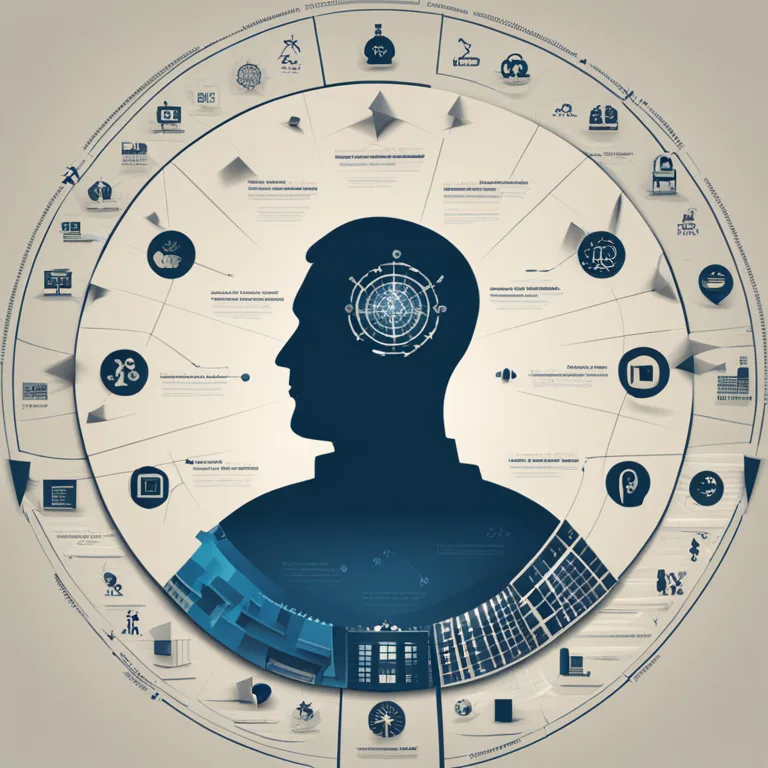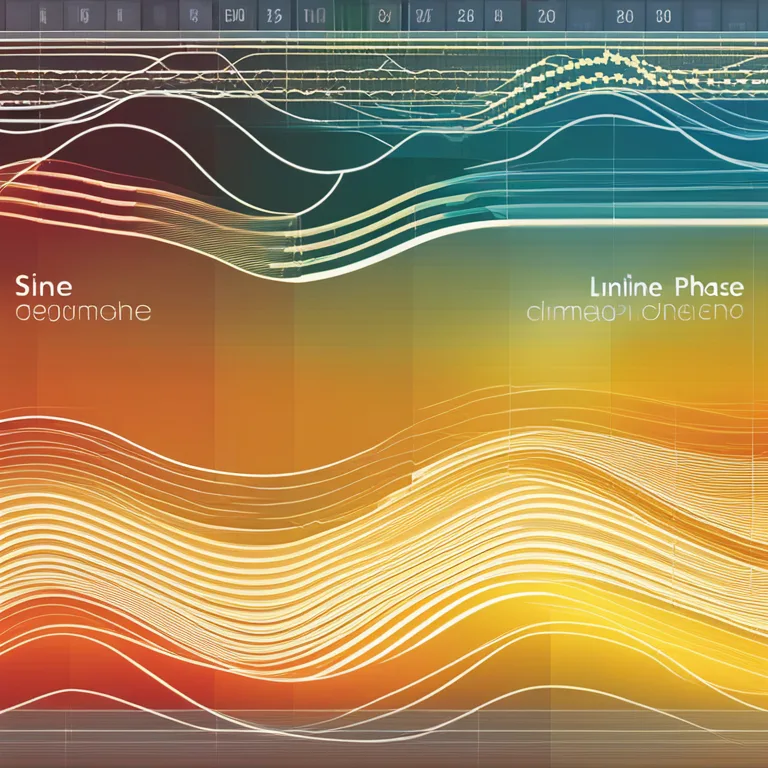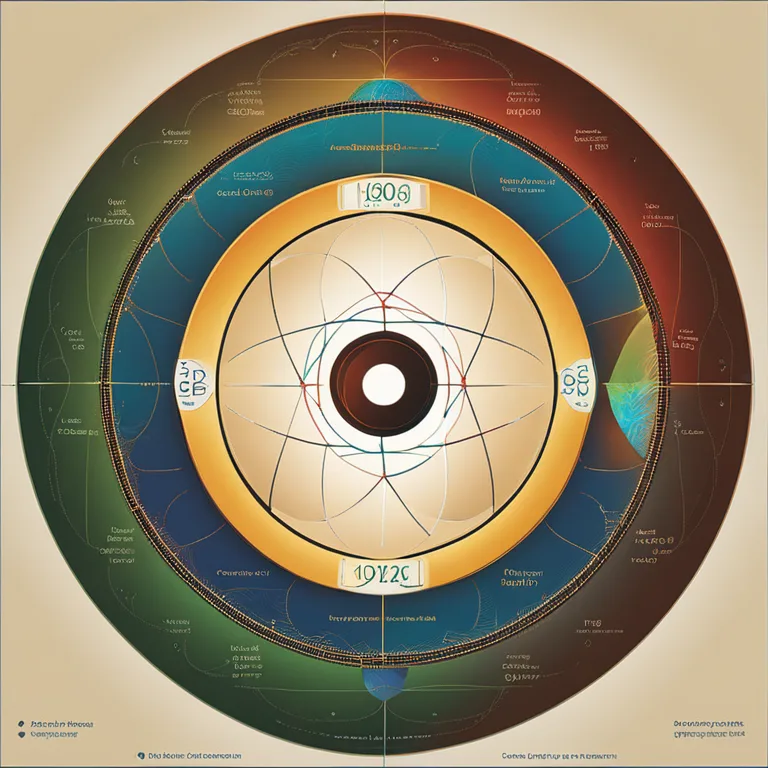
The Essence of Biorhythms: Locating Life's Natural Rhythms
The article delves into the concept of biorhythms, a fascinating aspect of our natural bodily rhythms, elucidating their significance and how they can be tracked and interpreted.
article by Adrian Wallace
The Foundation of Biorhythms
Biorhythms are intrinsic cycles within the human body that purportedly regulate various physiological functions. These rhythms are said to affect our physical, emotional, and intellectual well-being. The theory of biorhythms originated in the late 19th century with Dr. Hermann Swoboda and Dr. Wilhelm Fliess, who independently noted recurring patterns in various biological processes. By the 1970s, biorhythms became popularized as a method to anticipate and enhance individual performance. They consist of three primary cycles: the 23-day physical, the 28-day emotional, and the 33-day intellectual cycles, each said to start from the moment of birth.

Physical Cycle Insights
The physical cycle, spanning 23 days, relates to one's stamina, strength, and overall health. When the cycle is in its positive phase, individuals may experience heightened endurance and robust health. Conversely, during the negative phase, one might find themselves feeling less energetic or more susceptible to illness. This cycle oscillates up and down, crossing the baseline at what some interpret to be 'critical days' where vigilance for physical well-being should be heightened. Understanding where one is within this cycle can potentially lead to better management of physical activities and health-related decisions.

Emotional Cycle Dynamics
The emotional cycle lasts for 28 days, reflecting traditional lunar cycles, and governs mood swings, creativity, and emotional state. During the positive half, individuals may feel uplifted, sociable, and emotionally balanced. The negative phase might lead to feelings of sadness or irritability. Recognizing where one stands in their emotional biorhythm might provide insights into interpersonal interactions and emotional responses, possibly offering a chance to prepare for fluctuating moods and leverage periods of high emotional energy.

Intellectual Cycle Considerations
The intellectual cycle, spanning 33 days, focuses on cognitive functions such as analysis, logic, and memory. A positive swing in this cycle is often associated with mental clarity and an enhanced ability to solve problems or learn new material. When in the negative phase, one might face mental fog or difficulty with complex thought processes. By acknowledging one's position within the intellectual cycle, individuals could effectively schedule mentally-demanding tasks and optimize learning or decision-making.

Tracking and Analyzing Biorhythms
The assessment of biorhythms has transitioned from paper charts to sophisticated software and mobile applications. In 2024, these digital tools can calculate and plot one's biorhythmic cycles based on their birth date, providing a personalized calendar of high and low phases. Although the scientific community remains divided on the empirical validity of biorhythms, many enthusiasts utilize these insights as a personal aid for planning their activities, from athletic competitions to critical business decisions.
Integrating Biorhythms into Daily Life
Despite the mixed opinions regarding biorhythm theory, the concept has found a place in personal wellness and decision-making for various individuals. Some sports coaches and athletes look at physical biorhythms to tailor training schedules. Business professionals may consider intellectual rhythms when arranging important meetings or projects. On a personal front, awareness of one's emotional cycle could influence social engagements or personal reflections. It's important to note that biorhythms should complement rather than dictate life choices.
The Future of Biorhythmic Studies
As we move towards the future, the fascination with biorhythms continues to inspire research and innovation. New studies might shed light on the intricate connections between these cycles and our daily lives, potentially elevating the discourse from pseudoscience to a more respected paradigm. The ongoing digital evolution promises even more nuanced tools for tracking and interpreting biorhythms, possibly incorporating artificial intelligence and machine learning to enhance predictive precision and personal relevance.
Published: 12/28/2023
Modified: 12/28/2023
More predictions
Come back here soon to learn more about yourself and your future


The Synergy of Biorhythm Compatibility
Delve into the intriguing concept of biorhythm compatibility to foster deeper connections and understand interpersonal dynamics.


Biorhythms Compatibility Calculator: Synchronize Your Cycles
Discover how a biorhythms compatibility calculator can help you sync with your partner's innate cycles for an enhanced connection.


Biorhythm Compatibility and Birth Dates: The Connection Revealed
Discover how biorhythm compatibility based on birth dates can influence personal connections and relationship dynamics.